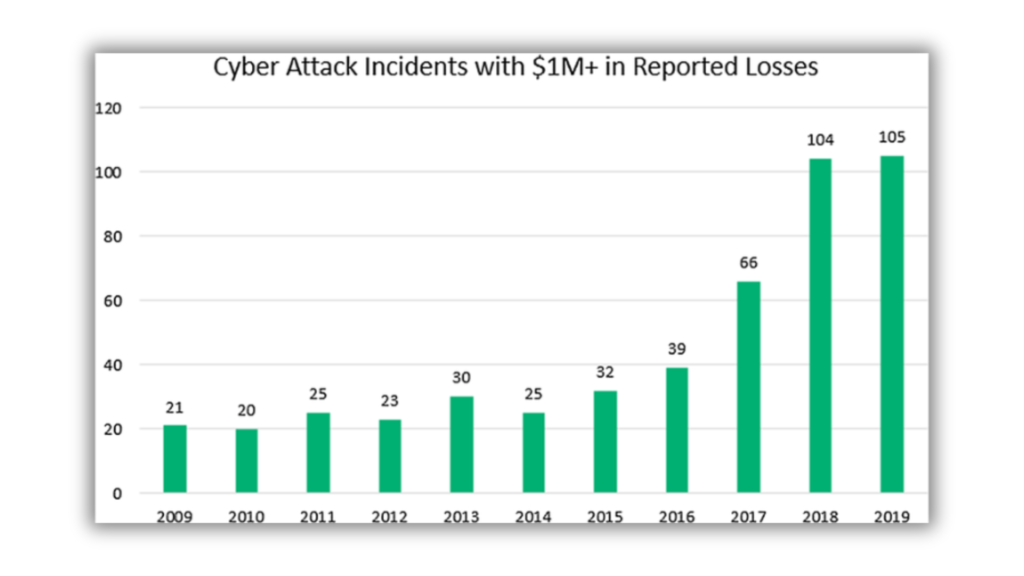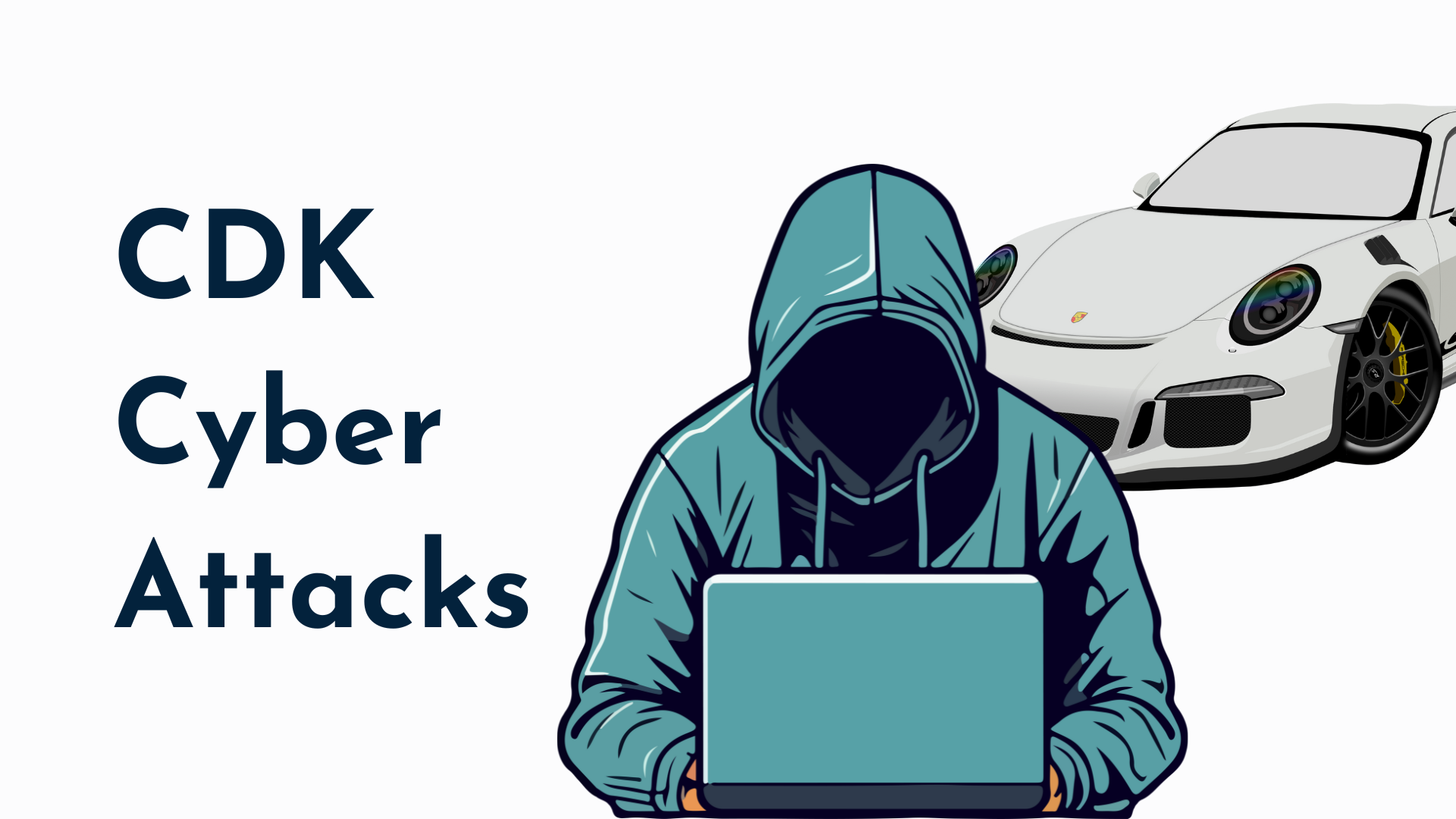Introduction
In the age of digital transformation, cars have evolved from mere mechanical entities to sophisticated computers on wheels. This technological advancement has brought convenience and improved safety features, but it has also opened new avenues for cyber threats. CDK cyberattacks are among the emerging threats in this domain. This blog will explore what CDK cyber attacks are, how they affect our cars, and the measures we can take to protect against them.
What is a CDK cyberattack?
Definition of CDK Cyber Attack
CDK, which stands for “Car Digital Key,” refers to the technology that allows drivers to unlock, start, and operate their vehicles using a smartphone app. A CDK cyberattack targets this digital key system in order to gain unauthorized access to a vehicle. To execute these attacks, hackers exploit vulnerabilities in the car’s software or the communication between the smartphone app and the car.
How CDK Cyber Attacks Work
CDK cyber attacks typically consist of several steps:
- Reconnaissance: Hackers gather information about the target vehicle’s make, model, and the specific CDK system it uses.
- Vulnerabilities Exploitation: Attackers identify and exploit vulnerabilities in the car’s software or the smartphone app. This could involve intercepting and decrypting communication signals or injecting malicious code.
- Unauthorised Access: Once hackers exploit the vulnerabilities, they gain unauthorised access to the vehicle. They can unlock doors, start the engine, and, in some cases, control other critical functions.
- The final step involves executing the intended malicious activities, such as stealing the car, extracting data, or installing malware for future exploitation.
The impact of CDK cyber attacks on cars is significant.
Immediate Consequences
- Unauthorised Access: The vehicle’s unauthorised access is the most immediate impact of a CDK cyber attack. Hackers can unlock the car, start the engine, and drive away without needing the physical key.
- With CDK cyber attacks, car theft becomes significantly easier. Sophisticated hacking techniques replace the traditional methods of breaking into and hotwiring a car.
- Loss of Personal Data: Modern cars store a wealth of personal data, including GPS locations, contact information, and sometimes even financial details. A successful CDK cyberattack can result in the theft of sensitive information.
Long-term Consequences
- Compromised Safety: If hackers gain control over critical systems like braking or steering, they can jeopardize the safety of the driver and passengers. This could lead to accidents or other hazardous situations.
- Financial Loss: Apart from the cost of the stolen vehicle, victims of CDK cyber attacks may incur significant financial losses in terms of repairing or replacing compromised systems, increased insurance premiums, and potential legal fees.
- Repeated CDK cyber attacks can erode consumer trust in the safety and reliability of digital key systems, potentially impacting the automotive industry’s adoption of advanced technologies.
Real-world examples of CDK cyber attacks
Case Study 1: Tesla Model S
In 2016, security researchers from Keen Security Lab demonstrated a successful hack on a Tesla Model S. They exploited vulnerabilities in the car’s software to remotely control the vehicle’s brakes, door locks, and other functions. Tesla quickly released a software update to fix the vulnerabilities, highlighting the importance of regular software maintenance.
Case Study 2: Jeep Cherokee
In another high-profile case, researchers Charlie Miller and Chris Valasek remotely hacked a Jeep Cherokee, controlling the vehicle’s steering, brakes, and transmission. This incident led to a recall of 1.4 million vehicles by Fiat Chrysler to address the security flaws.

How to Protect Against CDK Cyberattacks
Measures for Car Manufacturers
- Robust Software Development: It’s crucial to develop car software with security in mind. This involves following best practices in secure coding, regular code reviews, and rigorous testing.
- Regular Updates and Patches: Manufacturers must regularly update their software to address newly discovered vulnerabilities. Over-the-air (OTA) updates can make this process more efficient and user-friendly.
- Communication Encryption: To prevent hacker interception and tampering, all communication between the car and the smartphone app should be encrypted.
- Multi-factor authentication (MFA): Implementing MFA can add an extra layer of security, making it more difficult for hackers to gain unauthorised access even if they manage to compromise one authentication factor.
Measures for Car Owners
- Regular Software Updates: Car owners should ensure that their vehicle’s software is always up-to-date. This includes both the car’s firmware and the associated smartphone app.
- Strong Passwords: Regularly changing strong, unique passwords for the smartphone app can help protect against unauthorized access.
- Awareness of Phishing Attacks: Car owners should be vigilant about phishing attacks that could trick them into revealing login credentials or installing malicious software.
- Physical Security Measures: Traditional security measures, such as steering wheel locks and immobilisers, can still be effective in deterring theft, even in the age of digital keys.
Role of Regulatory Bodies
- Regulatory bodies can play a crucial role in setting and enforcing security standards for automotive software and digital key systems.
- Monitoring and Compliance: Regular audits and compliance checks can ensure that car manufacturers adhere to these security standards.
- Consumer Awareness Campaigns: Educating consumers about the risks of CDK cyber attacks and the importance of cybersecurity can help mitigate the impact of these threats.
Automotive Cybersecurity: Future Trends
Integration of Artificial Intelligence (AI)
AI and machine learning can play a significant role in enhancing automotive cybersecurity. By analysing patterns and detecting anomalies, AI can identify potential cyber threats in real time and respond more effectively than traditional methods.
Blockchain Technology
Blockchain can provide a secure and transparent way to manage software updates and verify the authenticity of digital keys. This technology can help prevent unauthorised modifications and ensure the integrity of communication between the car and the smartphone app.
Collaboration between stakeholders
Collaboration between car manufacturers, cybersecurity experts, and regulatory bodies is essential to developing comprehensive security solutions. Sharing information about threats and vulnerabilities can lead to more robust defences against CDK cyberattacks.
There are six ways that the CDK Cyber Attack is affecting car buyers.
1. Increased concern about vehicle security
With the rise in CDK cyber attacks, car buyers are becoming increasingly anxious about the security of their vehicles. Beyond the traditional worries about physical theft or vandalism, the possibility of remote car hacking adds a new dimension of concern.
2. Higher insurance premiums
Insurance companies are taking note of the growing threat of CDK cyber attacks and adjusting their policies accordingly. Car buyers may have to pay higher insurance premiums to cover the potential risks associated with these cyber threats. This increased cost can affect the overall affordability of owning a technologically advanced vehicle.
3. Impact on Purchasing Decisions
Fear of CDK cyberattacks can influence car buyers’ purchasing decisions. Some may opt for older, less technologically advanced vehicles that do not rely on digital key systems, while others might prioritise cars from manufacturers known for their robust cybersecurity measures. This shift in consumer behavior can have an impact on the sales of specific models and brands.
3. Trust in automotive brands
Repeated instances of CDK cyber attacks can erode trust in automotive brands. Car buyers may become sceptical of the promises made by manufacturers regarding the safety and security of their vehicles. This loss of trust can have long-term repercussions for brand loyalty and reputation.
4. The demand for enhanced security features
As awareness of CDK cyber attacks grows, car buyers are likely to demand enhanced security features in their vehicles. Manufacturers will need to invest in developing and marketing advanced cybersecurity measures to meet this demand. This could lead to a new competitive landscape where cybersecurity becomes a key differentiator among automotive brands.
5.Financial Impact
CDK cyberattacks have a financial impact that goes beyond the immediate costs of theft or damage. Car buyers may need to invest in additional security measures, such as aftermarket security systems or cybersecurity insurance policies. These additional expenses can add to the overall cost of vehicle ownership.
6. Legal and Regulatory Concerns
As the threat of CDK cyber attacks becomes more prominent, there may be increased regulatory scrutiny and potential legal ramifications for car manufacturers. Car buyers may need to navigate new regulations and compliance requirements, adding another layer of complexity to the car-buying process.
Conclusion
CDK cyber attacks represent a significant threat to modern vehicles, with the potential to compromise safety, privacy, and financial security. Understanding how these attacks work and implementing effective countermeasures is crucial for both car manufacturers and owners. By staying informed and proactive, we can protect our vehicles from the evolving landscape of cyber threats and continue to enjoy the benefits of advanced automotive technology without compromising security.

